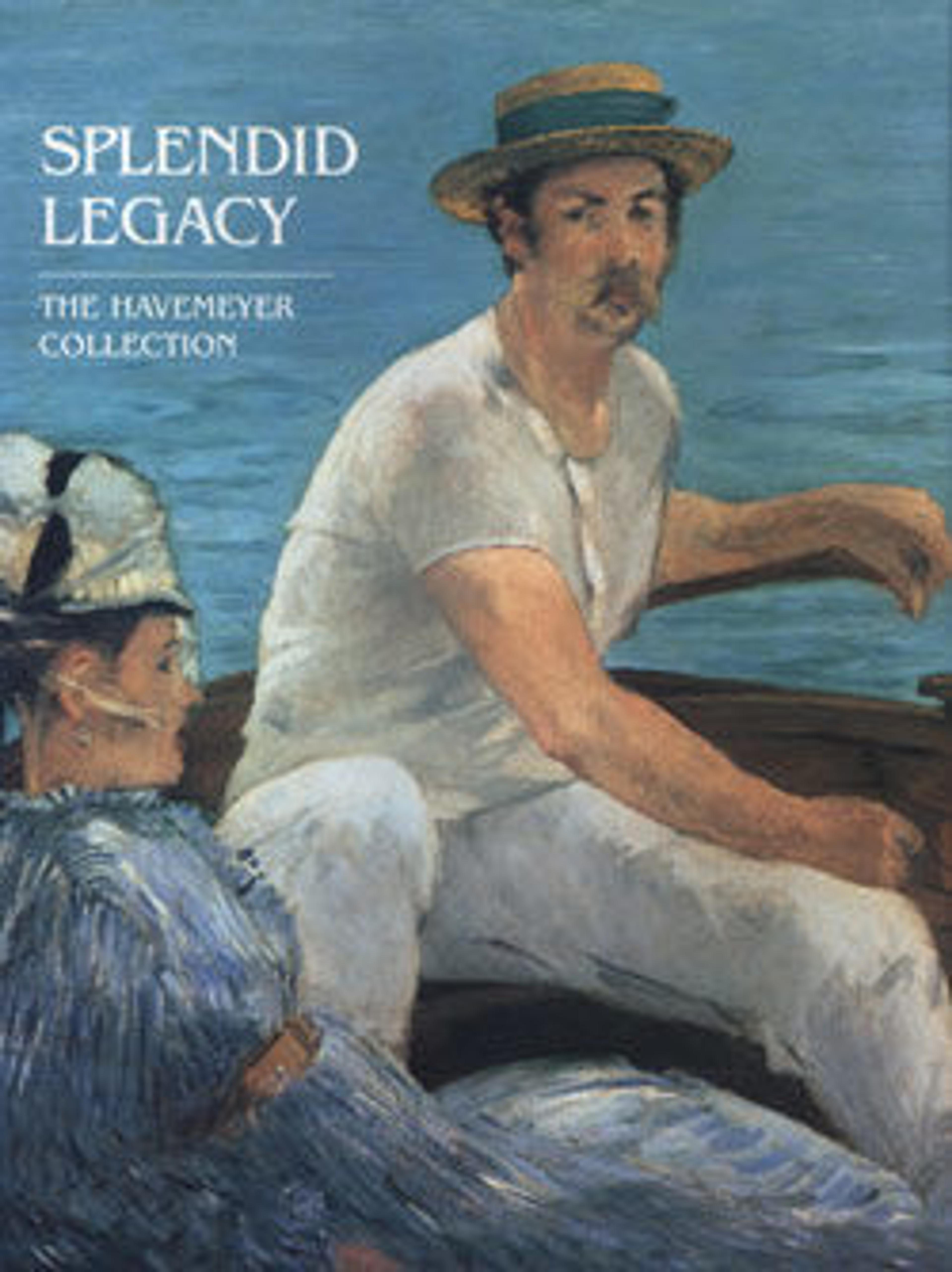And none knew why he fed them both with his own hands, illustration to "Quince"
Abbey moved to England in 1878 to research illustrations to historical poems for Harper's and settled there permanently in 1883. This drawing is one of a series that responds to "Everyday Characters," poems by the British poet W. Mackworth Praed. We see the elderly bachelor Quince, a denizen of a West Country village, feeding his horse. The related stanza reads:
For full ten years his pointer Speed
Had couched beneath her master's table;
For twice ten years his old white steed
Had fattened in his master's stable;
Old Quince averred, upon his troth,
They were the ugliest beasts in Devon;
And none knew why he fed them both,
With his own hands, six days in seven.
Reproduced as a wood engraving, the image appeared in Harper's "New Montly Magazine," vol. 79 (June 1886), p. 29.
For full ten years his pointer Speed
Had couched beneath her master's table;
For twice ten years his old white steed
Had fattened in his master's stable;
Old Quince averred, upon his troth,
They were the ugliest beasts in Devon;
And none knew why he fed them both,
With his own hands, six days in seven.
Reproduced as a wood engraving, the image appeared in Harper's "New Montly Magazine," vol. 79 (June 1886), p. 29.
Artwork Details
- Title: And none knew why he fed them both with his own hands, illustration to "Quince"
- Artist: Edwin Austin Abbey (American, Philadelphia, Pennsylvania 1852–1911 London)
- Author: Related author Winthrop Mackworth Praed (British, London 1802–1839 London)
- Date: 1888
- Medium: Pen and ink on cardboard
- Dimensions: sheet: 17 7/8 x 13 1/8 in. (45.4 x 33.3 cm)
- Classification: Drawings
- Credit Line: H. O. Havemeyer Collection, Bequest of Mrs. H. O. Havemeyer, 1929
- Object Number: 29.100.924
- Curatorial Department: Drawings and Prints
More Artwork
Research Resources
The Met provides unparalleled resources for research and welcomes an international community of students and scholars. The Met's Open Access API is where creators and researchers can connect to the The Met collection. Open Access data and public domain images are available for unrestricted commercial and noncommercial use without permission or fee.
To request images under copyright and other restrictions, please use this Image Request form.
Feedback
We continue to research and examine historical and cultural context for objects in The Met collection. If you have comments or questions about this object record, please contact us using the form below. The Museum looks forward to receiving your comments.
